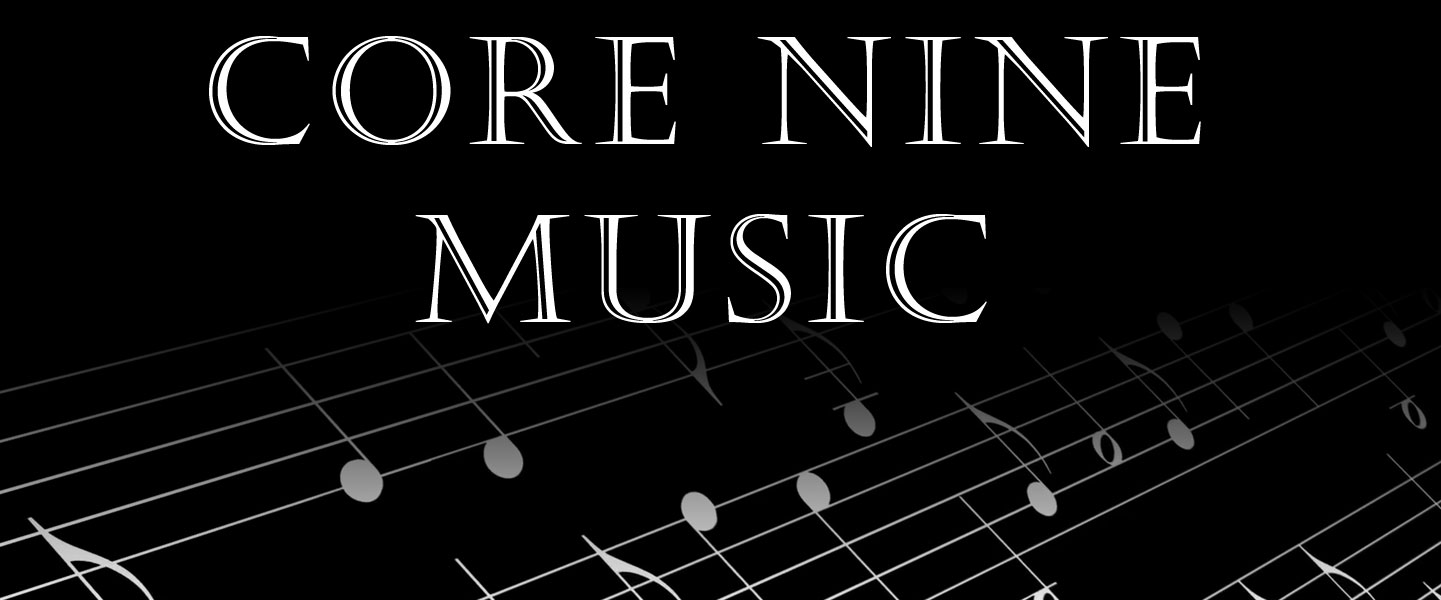Why are demos so important? They introduce your band to people who have never met you.
Always make sound quality a priority
If someone turns on a demo, you have a grand total of 3 seconds to get their attention and 30 seconds to hold it. If it sounds like it was recorded over a 1990’s landline phone, you’ve already lost them before they hit Play. I’ve heard demos that were amazing that were recorded using less that $50 in equipment. This was done through a combination of a decent microphone and a laptop running Audacity. Sound on Sound has a great series of YouTube videos walking through using one mic to mix a live band (Google 50’s studio)
Make sure you and your band have practiced
It’s easy to say “We got this” and mess everything up in a live recording. From “I’m just not feeling it today” to fatigue, every performance of a piece of music will be different. However, we can reduce the variation in our playing from performance to performance by running through everything with our band, or ourselves. If you find a particular passage tricky, work with it on your own to find how to become more efficient. Also, it helps to play through those with a metronome. Run the metronome at half of the tempo you’d normally play and nail the part. Gradually increase the speed until you get it at 100 percent. You may want to even go further, but never sacrifice speed for a clean note.
Mastering: The secret sauce
So you’ve recorded your demo of two or three songs that showcase who your band is, but the quality isn’t what you’d hear on the radio. Look into mastering the mix. “Mastering” is an all-encompassing term to turn what is recorded into something that you could hear on the radio for a particular genre. It usually consists of EQ, Compression and possibly some overall Reverb, depending on the genre of music. If you’re in a classical group and it sounds too “in your face,” you may want to look at using a room modeling reverb and some EQ to cut out some obnoxious lows. If you’re a rock group and you’re lacking some punch, look at using a Multi-Band Compressor to accentuate the Low-Mids as well as relaxing those crash cymbals. For some hands on training with Compression and EQ, check out Pro Audio Essentials from Izotope. You will need a computer to run this.

